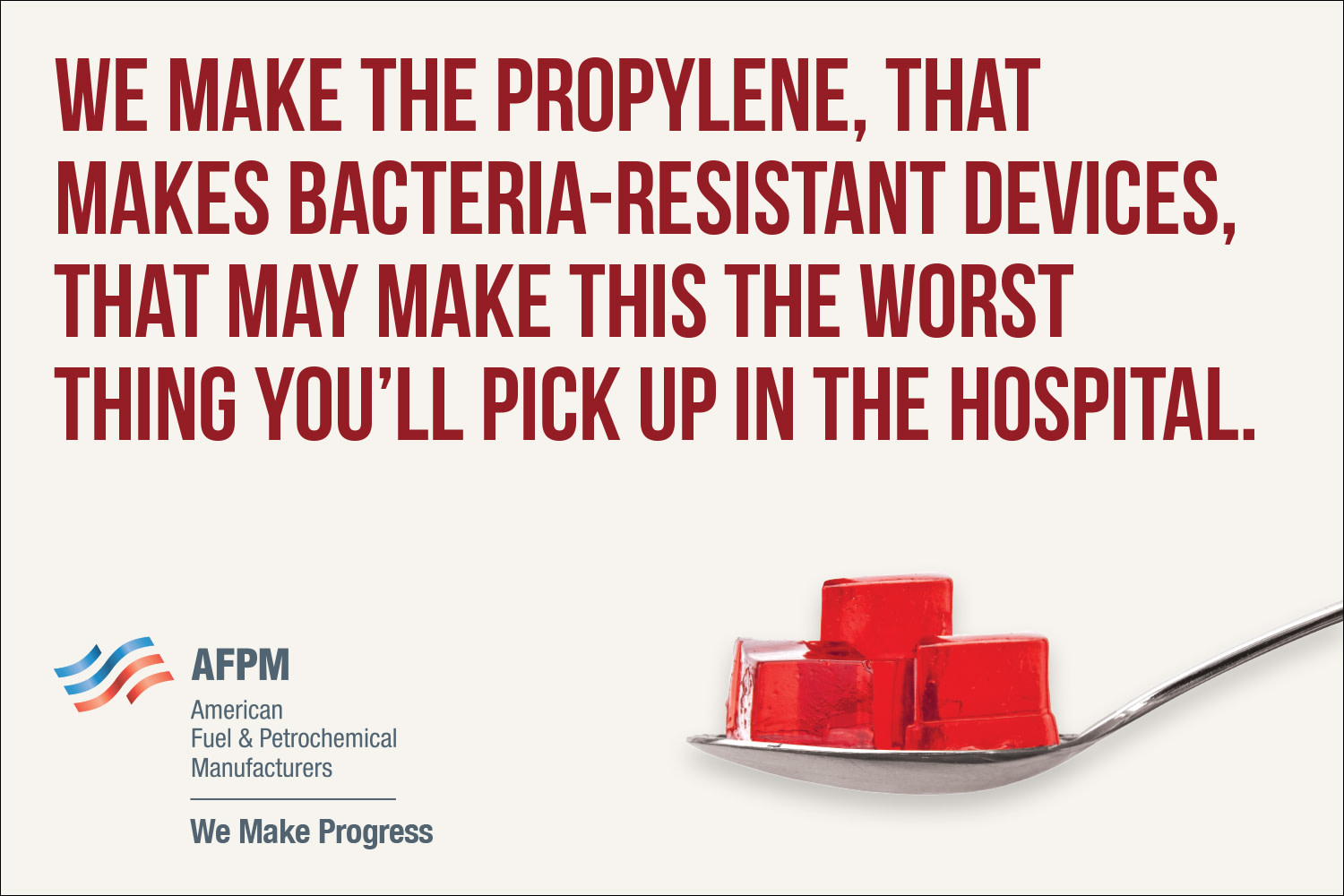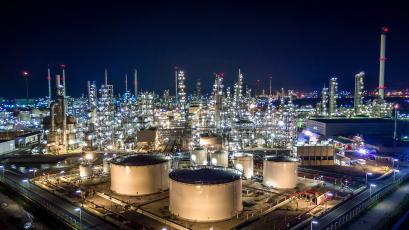When it comes to places you’d rather not visit, the hospital is bound to top the list. Occasionally, you need to go; you hope not to stay too long; and often, otherwise simple things like using the bathroom can be an uncomfortable experience.
The pain of an extended hospital stay is both physical and financial. But thanks to advances in material science, petrochemicals are playing a new role in keeping those stays to a minimum.
How do petrochemicals keep germs in hospitals at bay?
One of the most common maladies that can lead to an extended hospital stay is urinary tract infection from a catheter. Using a catheter can be the most uncomfortable aspect of a patient’s visit—and, according to the Center for Disease Control and the UK’s National Health Service, a risky one. Of U.S. hospital patients, about 1 in every 31 has at least one Hospital Acquired Infection (HAI), which can lengthen hospital stays by up to 350%. And for every day that one uses a catheter, the chances of acquiring a HAI increase by 3%. That’s because a catheter can introduce infection, when the thin tube is inserted into the body. They help in the treatment of disease, during surgery, and more — though they most commonly come to mind in conjunction with long-term hospital stays, when they are inserted strategically to allow patients to go to the bathroom without leaving the hospital bed.
However, an advanced copolymer from the acrylate and methacrylate families—made possible by ethylene and propylene—takes that increased risk and flushes it away (metaphorically speaking). Infections brought on by catheter use occur because microorganisms grow on its surface. Applying a coating known by the acronym EGDPEA-DEGMA to that surface makes it so slick that bacteria and other microorganisms cannot stick to it, creating an environment that’s safe for you, and bad news for the bacteria.
How’s that advancing medical treatment?
By coating the surfaces of Foley catheters and other medical devices, advanced materials like AGDPEA-DEGMA made from ethylene and propylene are cutting down on the length of hospital stays and the pain brought on by extracurricular bacterial infections. That means less time spent laid up in a hospital bed—and more time to spend enjoying life.

Learn more about how U.S. fuel and petrochemical manufacturers are making life easier, safer and more productive at www.WeMakeProgress.org.


